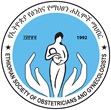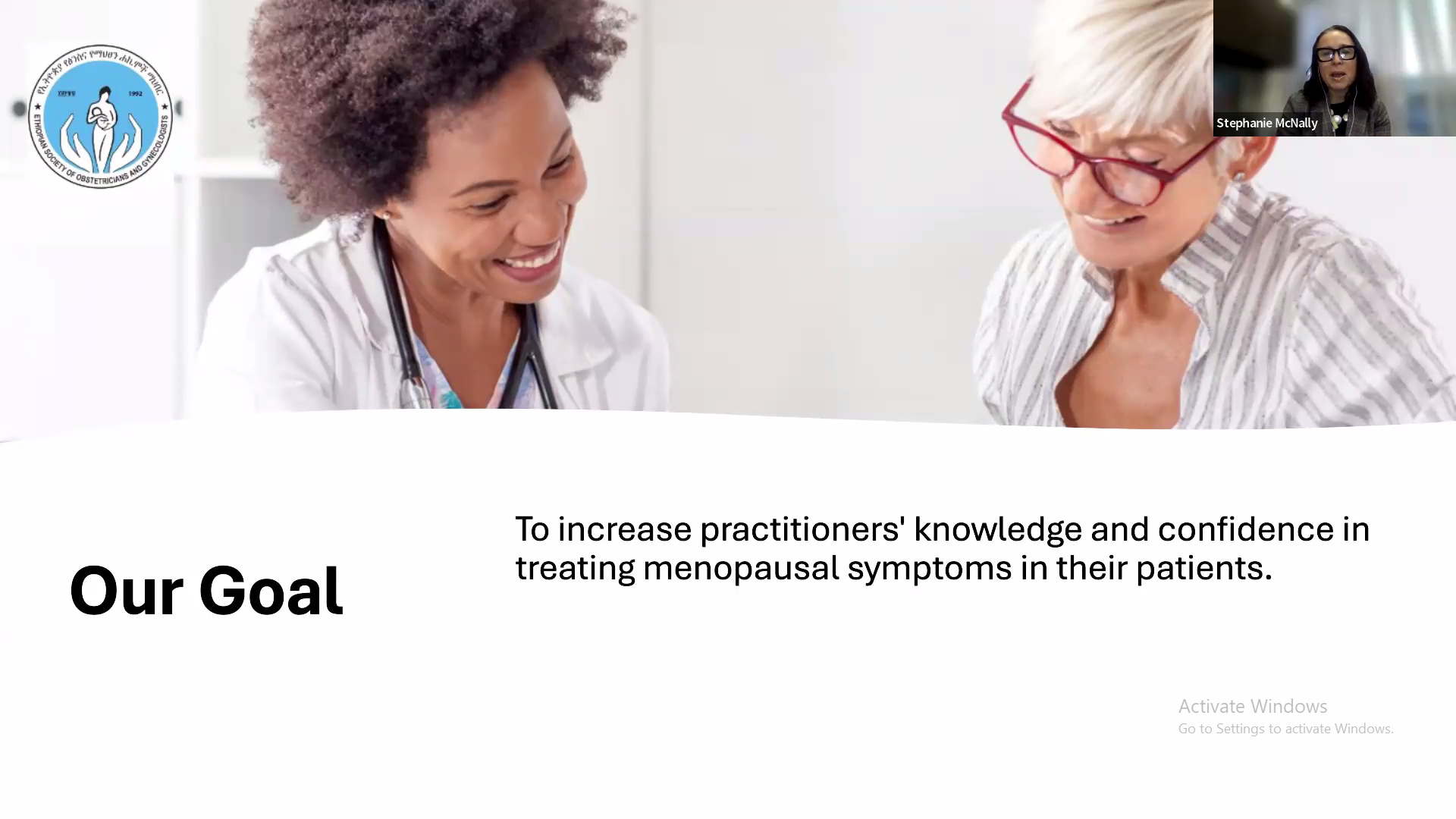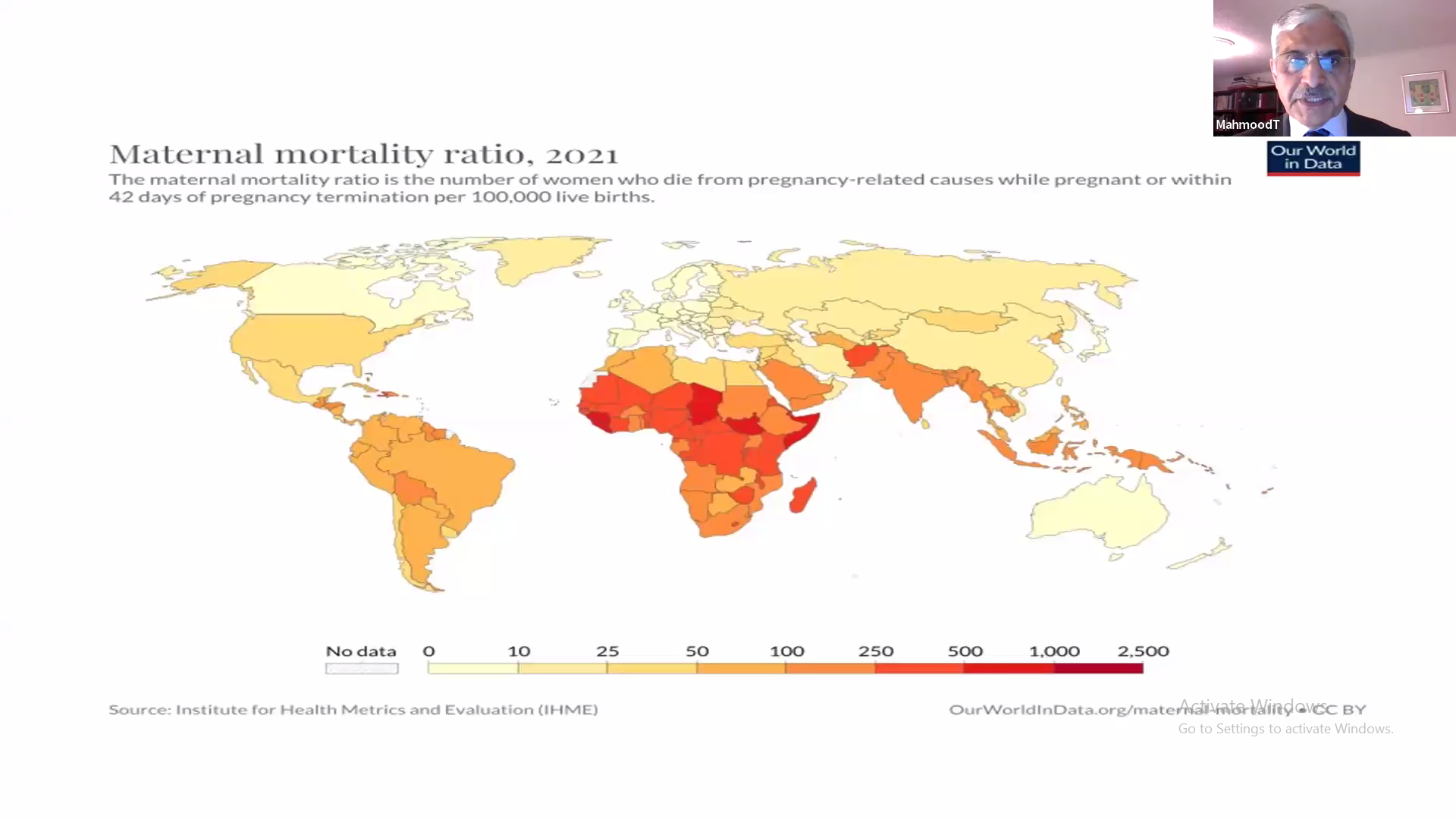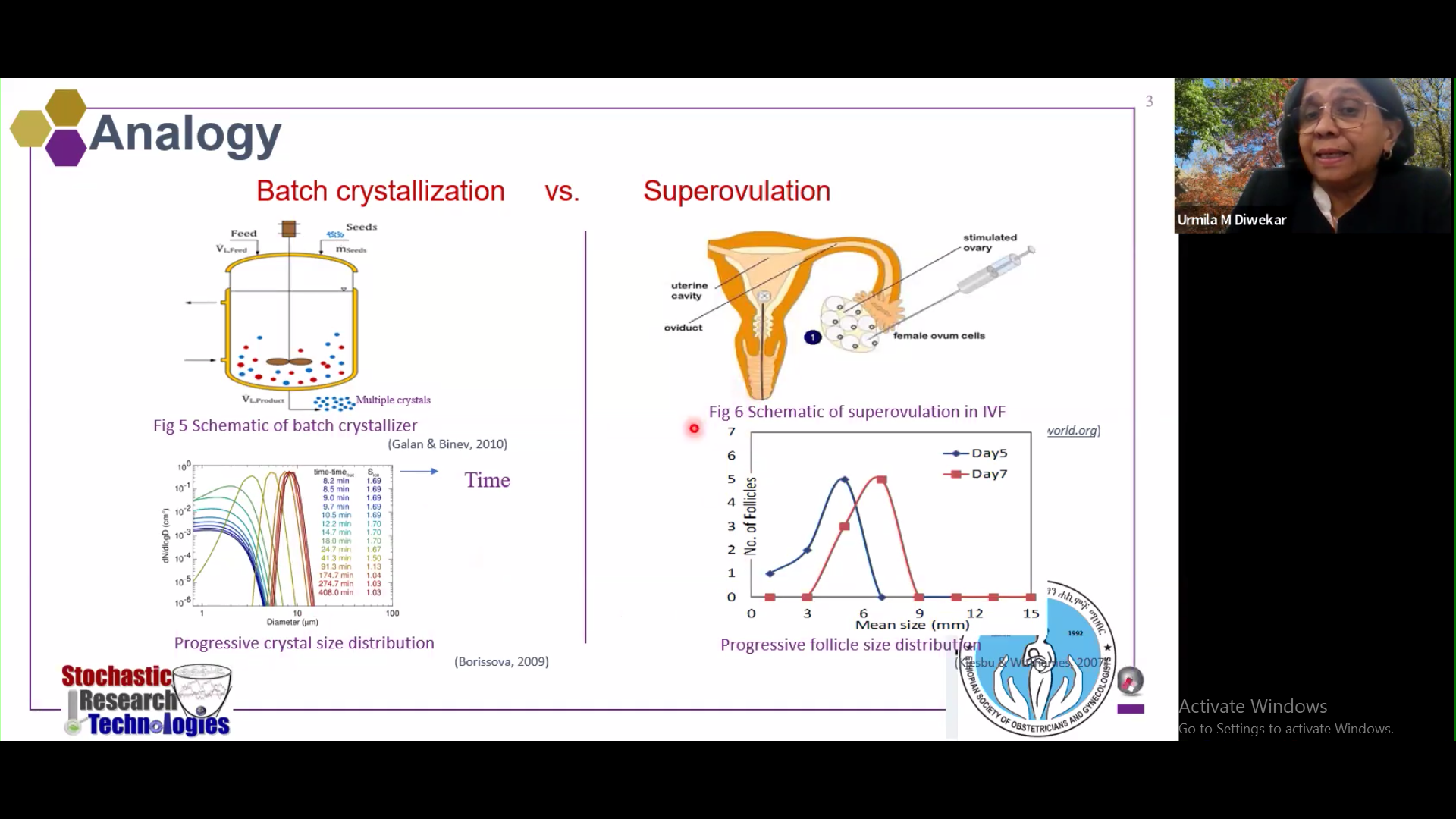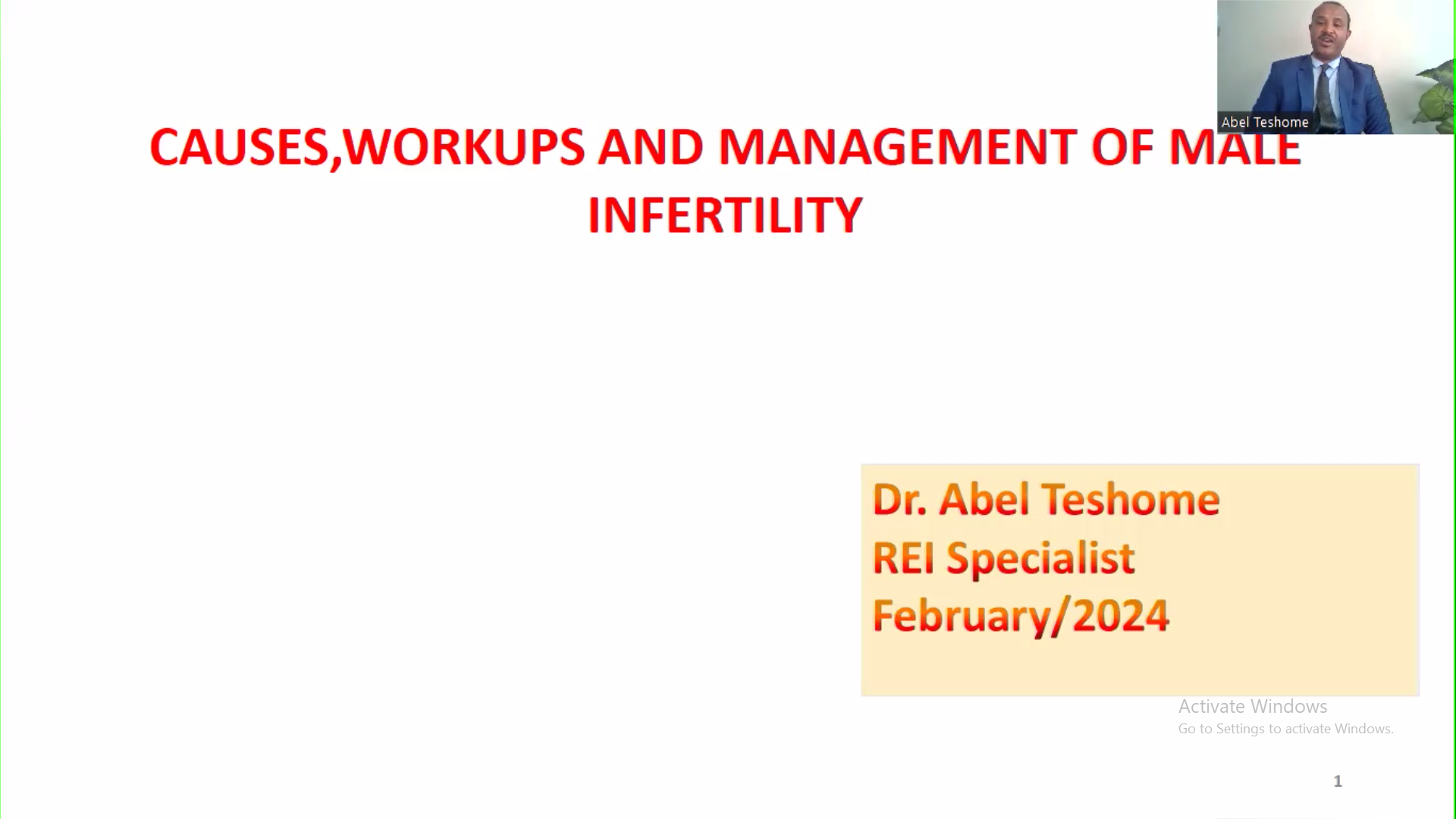News
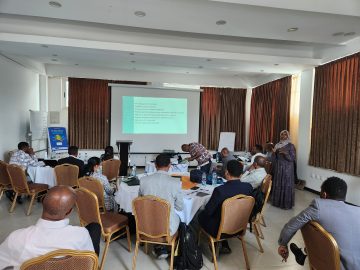
Enhancing Health through Self-Care: A New Initiative in Ethiopia
Self-care is defined as the ability of individuals, families, and communities to promote health, prevent...
Read More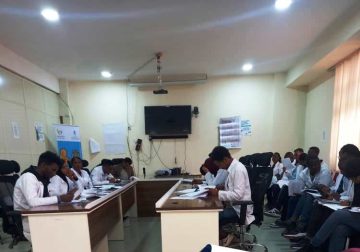
Enhancing Maternal and Neonatal Health: Clinical Skills Improvement Training Under FIGO LDI:REACH Project
The Ethiopian Society of Obstetricians and Gynecologists (ESOG) is delighted to report the successful commencement...
Read MoreEvents / Newsletter
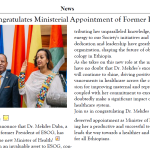
March 2024 Newsletter
ESOG Conducted Its 32nd Annual Conference ESOG Congratulates Ministerial Appointment...
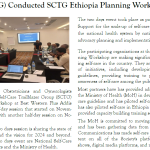
December 2023 Newsletter
Strengthening Reproductive Health Services: Training in Ambo for ESOG Project...
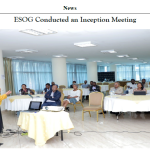
September 2023 Newsletter
ESOG Conducted an Inception Meeting Communications Committee for SRHR September_NL_2023
